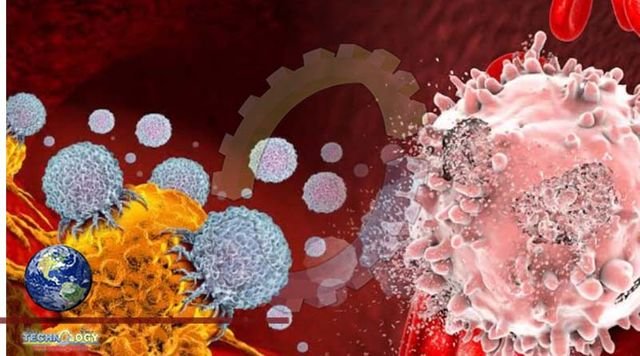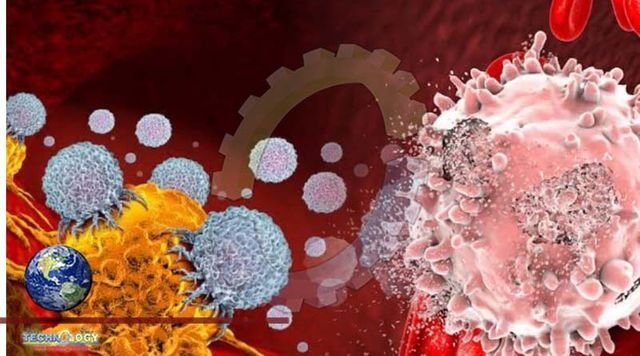The University of Texas MD Anderson Cancer Center researchers have developed a unique technique for reducing Immunotherapy Side Effects events associated with immunotherapy treatment by targeting the cytokine interleukin-6 (IL-6). The study, published in Cancer Cell on May 9th, 2022, establishes a proof of concept for combining immune checkpoint blockage with cytokine blockers to selectively suppress inflammatory autoimmune responses.

While combination immunotherapy with anti-PD-1 and anti-CTLA-4 agents has revolutionized treatment for multiple cancer types, it also has high toxicity rates, which can affect quality of life and lead to treatment discontinuation. Often, patients whose cancers respond to combination immunotherapy also experience high-grade side effects. Immune-related enterocolitis (irEC), an inflammatory bowel condition, is the most common serious complication.
“We need to overcome immune toxicity, first and foremost, to support patients and reduce their symptom burden,” said senior author Adi Diab, M.D., associate professor of Melanoma Medical Oncology. “Secondly, we know that there are multiple, non-overlapping mechanisms of resistance in the tumor microenvironment. In order to build an effective multi-agent immunotherapy regimen, we have to overcome the barrier of immune-related toxicity so that patients can continue receiving the optimum treatment.”
The translational study analyzed patient tissue, preclinical models and retrospective data to determine how the IL-6 T-helper 17-cell (Th17) pathway contributes to toxicity and can be inhibited to separate the inflammatory autoimmune response from the antitumor immune response. In preclinical models, IL-6 has been linked to immunotherapy resistance, although the mechanism was not understood. IL-6 is also linked to a number of autoimmune illnesses, and IL-6 blockers are approved for the treatment of rheumatologic disorders and other autoimmune diseases.
Comprehensive immune profiling of matched samples of irEC tissue and normal tissue from patients treated with immune checkpoint blockade (12 patients in the observation cohort and 11 patients in the validation cohort) revealed distinct immune signatures in inflamed tissue (where IL-6 and Th17 were upregulated) versus normal tissue. Furthermore, the IL-6 gene signature was increased in patients whose tumors did not react to immunotherapy, but this change was not present in responders.
Based on this observation, the researchers then used several preclinical models to evaluate the effect of an IL-6 blockade on autoimmunity and on response to anti-CTLA-4 therapy. The combination of an IL-6 blocker with an immune checkpoint inhibitor decreased experimental autoimmune encephalomyelitis (EAE) symptoms and improved tumor control, indicating that the combination could suppress inflammatory response and potentially enhance antitumor immunity.
The researchers conducted a retrospective analysis of 31 melanoma patients who were treated with immune checkpoint blockade between January 2004 and March 2021 and also got an IL-6 blocker to treat inflammatory arthritis and other immune-related side effects. Patients in the study began receiving IL-6 blockade treatment a median of 3.7 months after experiencing adverse effects, and the researchers observed a 74% reduction in symptoms after a median of two months on IL-6 blockade therapy. Of the 26 patients with evaluable tumor response before (or early in) IL-6 blockade therapy and at follow-up, the best overall response rate to immune checkpoint blockade was 57.7% before IL-6 blockade initiation and 65.4% after therapy. These clinical results supported the preclinical findings, which determined that targeting IL-6 can alleviate immune-related adverse events without compromising the efficacy of immunotherapy.
Source: This news is originally published by scitechdaily.
